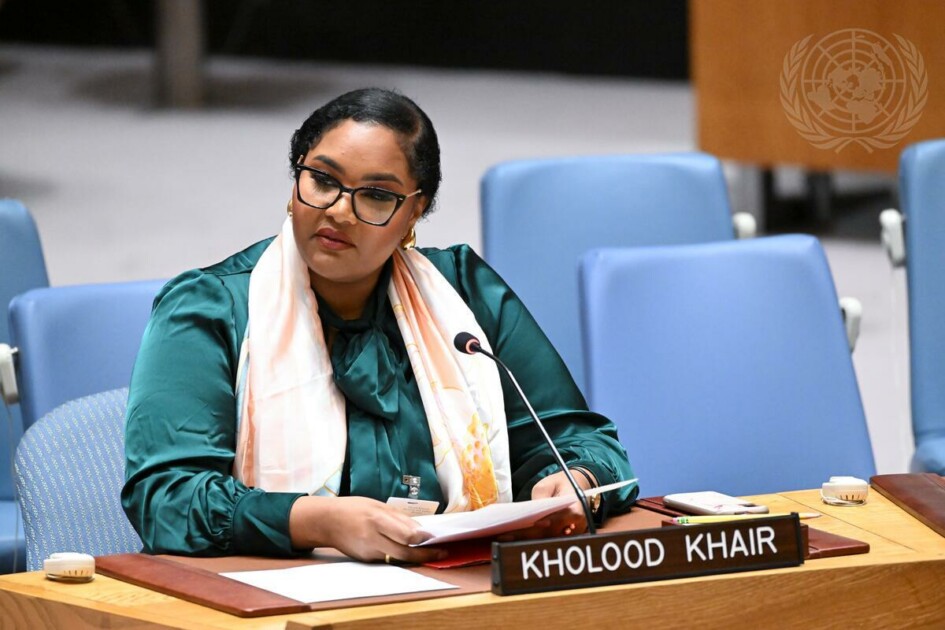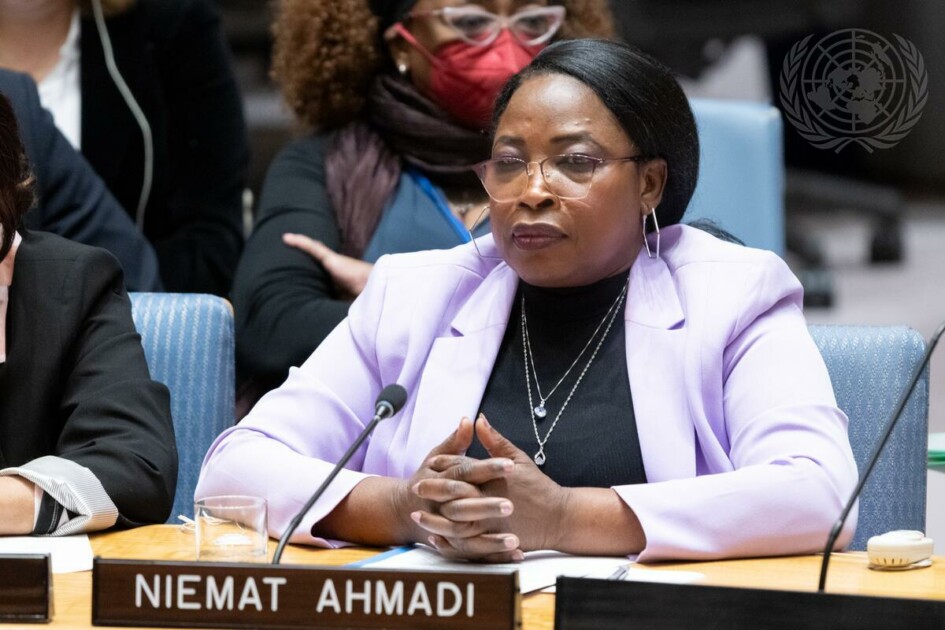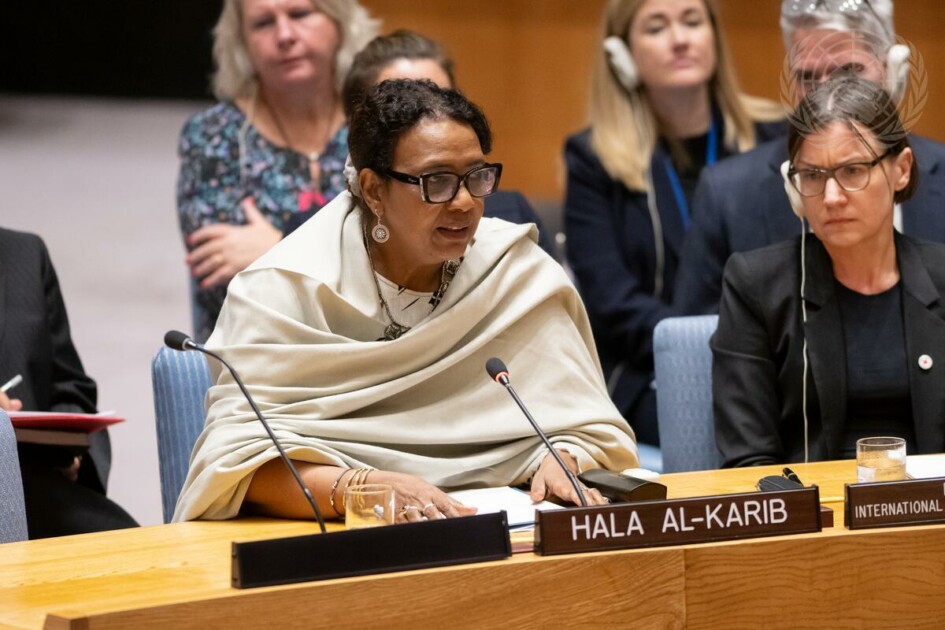Sudan, Abyei & Darfur
Sudan, Abyei & Darfur
Current and Past Recommendations to the UN Security Council (Monthly Action Points)
The Council is expected to consider a report for the UN mission in Abyei (UNISFA). The Council must ensure effective implementation of the human rights monitoring mandate in accordance with SCR 1990 (2011) and reinforce and expand upon the critical language in SCR 2126 (2013), which emphasizes “the importance of the full participation of women in the implementation of the agreements and in the prevention and resolution of conflict and peacebuilding more broadly.” There should be continued follow-up regarding gender training for security forces, and the status of senior gender expertise for UNISFA. The Council is strongly urged to call on the Government of Sudan and the Government of South Sudan to resume the implementation of the Cooperation Agreements. As per SCR 2122 (2013), the Council should call for the full representation of women in all aspects of these cross-border agreements, including as chairs and members of committees, and as part of all implementation mechanisms. Of particular importance as it relates to the crisis in South Sudan, the Council should urge the Government of Sudan and the Republic of South Sudan to:
- Fully implement the four freedoms included in the Cooperation Agreement on the Status of Nationals of the Other State and Related Matters between the Republic of the Sudan and the Republic of South Sudan.
- Facilitate the work of civil society organizations to provide humanitarian aid to refugees in border areas. Of critical priority, the Council should encourage the Government of Sudan to implement a national dialogue process that is inclusive and representative of the country. The Council should highlight the importance of embedding mechanisms for civil society inclusion and consultation in the design of the national dialogue, particularly regarding women’s participation as reaffirmed in SCR 2122 (2013).
The Council is expected to consider a report for the UN mission in Abyei (UNISFA). The Council must ensure effective implementation of the human rights monitoring mandate in accordance with SCR 1990 (2011) and reinforce and expand upon the critical language in SCR 2126 (2013), which emphasizes “the importance of the full participation of women in the implementation of the agreements and in the prevention and resolution of conflict and peacebuilding more broadly.” There should be continued follow-up regarding gender training for security forces, and the status of senior gender expertise for UNISFA. The Council is strongly urged to call on the Government of Sudan and the Government of South Sudan to resume the implementation of the Cooperation Agreements. As per SCR 2122 (2013), the Council should call for the full representation of women in all aspects of these cross-border agreements, including as chairs and members of committees, and as part of all implementation mechanisms. Of particular importance as it relates to the crisis in South Sudan, the Council should urge the Government of Sudan and the Republic of South Sudan to:
- Fully implement the four freedoms included in the Cooperation Agreement on the Status of Nationals of the Other State and Related Matters between the Republic of the Sudan and the Republic of South Sudan.
- Facilitate the work of civil society organizations to provide humanitarian aid to refugees in border areas. Of critical priority, the Council should encourage the Government of Sudan to implement a national dialogue process that is inclusive and representative of the country. The Council should highlight the importance of embedding mechanisms for civil society inclusion and consultation in the design of the national dialogue, particularly regarding women’s participation as reaffirmed in SCR 2122 (2013).
Relevant Resources








